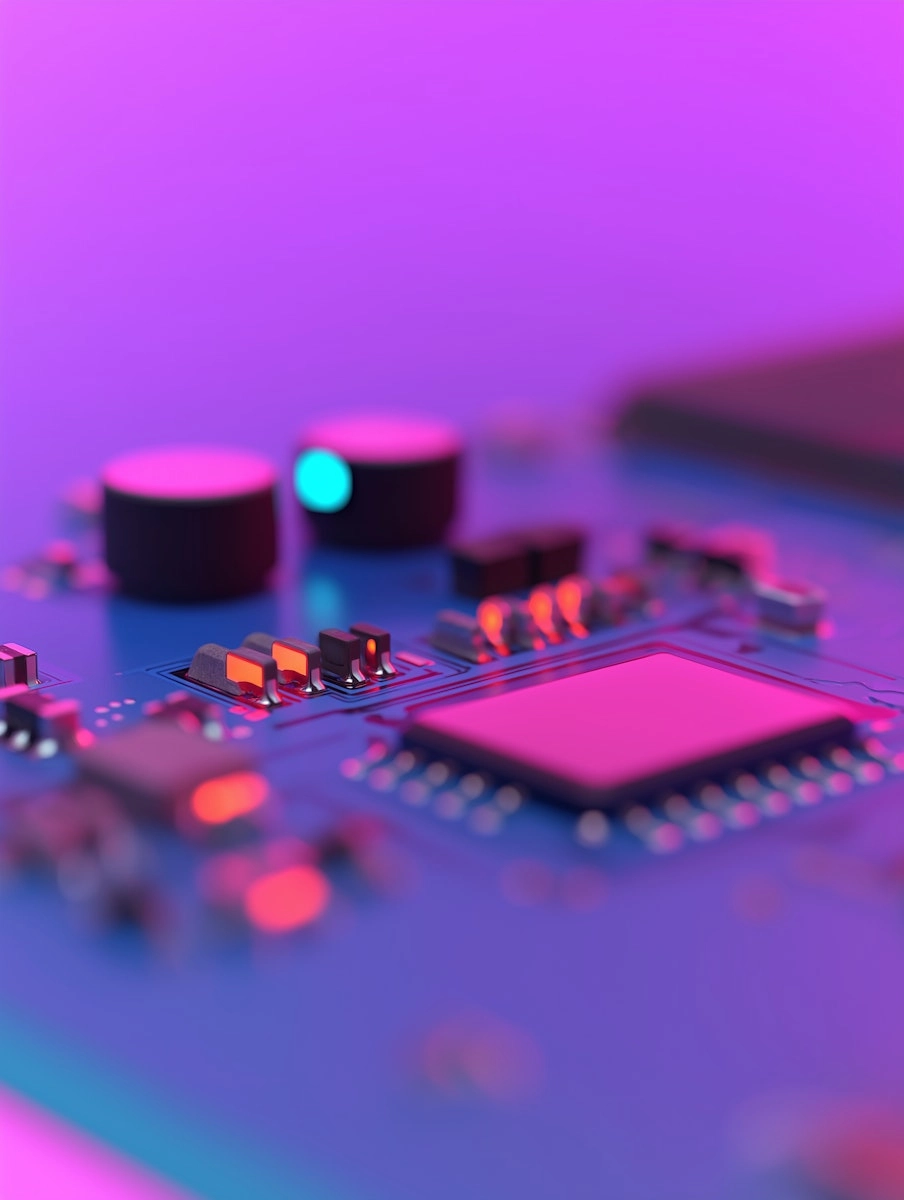How MCP Servers Are Revolutionizing Workflows

The rapid evolution of AI has brought incredible advances in language models and autonomous agents. Yet one key challenge remains: seamlessly connecting these powerful models with the vast data and tools needed to perform real-world tasks. Enter the Model Context Protocol (MCP) servers—a universal solution that is quickly emerging as the “USB-C for AI integrations.”
What Are MCP Servers?
At its core, the Model Context Protocol (MCP) is an open standard developed by Anthropic designed to standardize how AI applications retrieve context, tools, and data from external sources. MCP servers are lightweight applications that expose specific capabilities—whether that’s accessing a database, interfacing with APIs, or performing specialized functions. They sit between AI systems (the clients) and the data or tool sources (the resources) to provide a consistent, secure, and scalable method for delivering context. Think of them as dedicated “connectors” that allow AI agents to dynamically call functions, fetch live data, and even execute multi-step tasks without relying on ad hoc integrations.
The benefits of using a standardized protocol like MCP become evident when you consider that traditional integrations often require custom code for every single data source or service. With MCP, developers build once and then plug into a growing ecosystem of pre-built servers. This modularity and universality simplify both development and ongoing maintenance.
Three Ways MCP Servers Improve AI Workflows
1. Simplified and Unified Data Access
One of the primary hurdles for modern AI applications is the fragmentation of data sources. In many systems, AI models are forced to interact with separate plugins, APIs, or custom integrations to access various datasets—each with its own authentication, data formatting, and error-handling logic. MCP servers eliminate this complexity by offering a universal protocol that standardizes data retrieval and tool access.
Benefits:
- Rapid Integration: Developers can connect an AI agent to multiple data sources (e.g., GitHub, Slack, databases) without rewriting custom connectors for each one .
- Interoperability: Whether using Python, TypeScript, Java, or Kotlin, MCP’s open protocol ensures consistent behavior across different environments.
- Reduced Overhead: With one protocol replacing numerous one-off integrations, teams can focus on improving AI intelligence rather than spending valuable time managing infrastructure.
2. Enhanced Contextual Awareness and Dynamic Tool Invocation
MCP servers empower AI agents to go beyond static, pre-trained knowledge by offering real-time, contextual data from external systems. In traditional setups, even the most advanced language models are limited by outdated or isolated training data. MCP breaks down these silos by enabling dynamic context exchange—allowing agents to actively query for up-to-date information or invoke actions when needed.
Benefits:
- Real-Time Decision Making: An AI agent can fetch current data (like weather reports, live financial data, or system logs) at the moment it is required, ensuring its responses and actions are as relevant as possible.
- Multi-Tool Orchestration: MCP’s standardized interface means that an AI can chain multiple actions—for instance, accessing code repositories and updating project management tools—all within a single workflow.
- Adaptive Interactions: The dynamic discovery of available MCP servers allows AI systems to automatically adjust to new tools or data sources, fostering a truly adaptive workflow.
3. Streamlined Maintenance, Security, and Scalability
Beyond integration and contextual advantages, MCP servers are also designed with long-term sustainability in mind. Traditional integrations can become brittle as systems evolve, often leading to costly and time-consuming maintenance efforts. MCP servers offer a robust framework where updates to a tool or data source are automatically propagated to connected clients.
Benefits:
- Centralized Governance: With all tool interactions funneled through MCP, enterprises gain consistent logging, authentication, and authorization protocols—ensuring that data access complies with organizational and regulatory standards.
- Ease of Updates: As new features or capabilities are added to an MCP server, connected AI clients automatically benefit from these improvements, reducing downtime and technical debt.
- Scalability: MCP’s modular design allows organizations to scale their AI systems across multiple environments—whether on local machines or cloud infrastructures—without re-architecting integrations from scratch.
Conclusion
MCP servers represent a transformative shift in how AI systems interact with the real world. By standardizing connections between language models and external data or tools, MCP servers not only simplify integrations but also empower AI agents to operate more intelligently, responsively, and securely. Whether you’re a developer building the next generation of AI workflows or an enterprise aiming to leverage AI’s full potential, embracing MCP could be the key to unlocking a more streamlined, robust, and innovative future.
Embracing MCP today sets the stage for a future where context-aware, integrated AI becomes the norm—allowing technology to work smarter and more efficiently than ever before.
